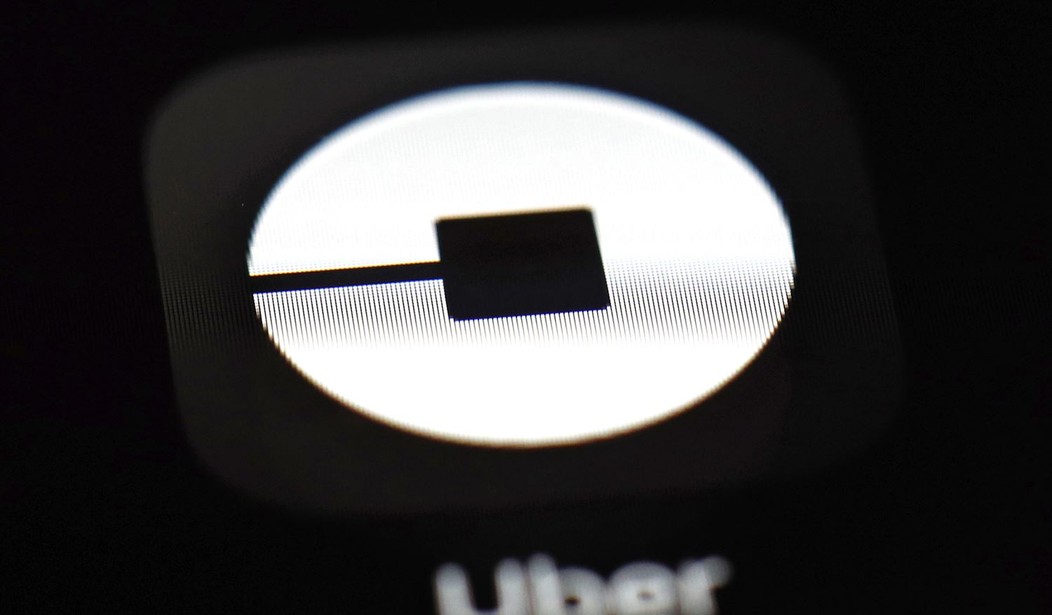California Democrats’ infamous ‘gig’ law, AB 5, took effect at the beginning of this year, and now thousands of entrepreneurs, including many with disabilities, are now left fighting for their livelihoods. Thanks to their handiwork, it is now more difficult, if not nearly impossible, to work as an independent contractor in the state.
AB 5 isn’t just about gig workers utilizing work platforms like Uber and Lyft. It’s much broader—and much more dangerous.
Workers, entrepreneurs, and job creators in hundreds of occupations—including community theaters, event planning, marketing, and public relations, freelance writing, health care, and many more—have been negatively impacted, losing their careers and much-needed flexibility.
One group particularly hurt by the obstructive California law are individuals with disabilities and chronic health conditions who often require flexible work options. These men and women are nearly twice as likely to be self-employed compared to those with no disabilities. And now they’re speaking out.
“My daughter has autism, and being a freelancer means I can schedule appointments, therapies, assessments and even just relaxing downtime with her whenever I want. It also means I can do work that starts at 10:00 am instead of 8:00 am on those days she decides not to sleep until 3:00 am,” says Aimee Benavides, California mother and freelancer.
Consider that 46 percent of freelancers say they cannot work for traditional employers due to personal circumstances, including health issues and caregiving obligations. That’s why flexible work has given people with disabilities, and their caregivers, new opportunities to meet their individual needs. AB 5 severely threatens those opportunities and risks dooming these individuals to lives of government dependency.
Recommended
Specifically, AB 5 implements what’s known as an ABC test, which wrongly assumes all workers are employees unless businesses can prove otherwise by passing an inflexible, three-part pass or fail test. The intent was to help ‘gig’ workers, but as is often the case with California laws, by trying to fix a problem, they've just made the situation worse. Instead of helping workers continue to work as contractors, AB 5 makes their previous working relationships illegal and places hefty fines on businesses choosing not to comply.
Predictably, ABC laws have caused small businesses to limit services they offer, raise prices, relocate to another state, and close. In some cases, out-of-state companies are no longer contracting with Californian workers because of the law.
For a state that prides itself on Silicon Valley entrepreneurship, this new law risks the state losing out on access to the millions of workers today who earn all or part of their incomes as single-person small business owners or independent contractors. In fact, more than 25 million small businesses today are self-employed independent workers who have no employees. But the total number is much higher, as up to 35 percent of the American workforce is estimated to be freelancing for at least some of their income.
Stopping the spread of AB 5 is critically important to the growth of entrepreneurship. Unfortunately, Democratic presidential candidate frontrunners—Mike Bloomberg, Bernie Sanders, Elizabeth Warren, Pete Buttigieg, and Joe Biden—the restrictions found in AB 5 on independent contractors nationwide.
States are seeing an influx of California ex-pats, and this is likely to continue with each new terrible workforce law. Fortunately for those in the exodus, 22 states, including Arkansas, Oklahoma, and Tennessee who recently changed their laws, value their workers and are taking additional action to protect flexible work and independent contractors. Other states should continue the momentum and modify their laws to help more Americans fulfill their American dream through work.
Following the lead of California or Democratic presidential frontrunners would be a huge mistake. Research by the Foundation for Government Accountability (FGA) found states could add more than half a million independent entrepreneurs to their workforces nationally simply by improving their independent contractor definitions to encourage flexibility. This is exactly what states should be doing—expanding the pathway to work, instead of attacking it like California is.

























Join the conversation as a VIP Member